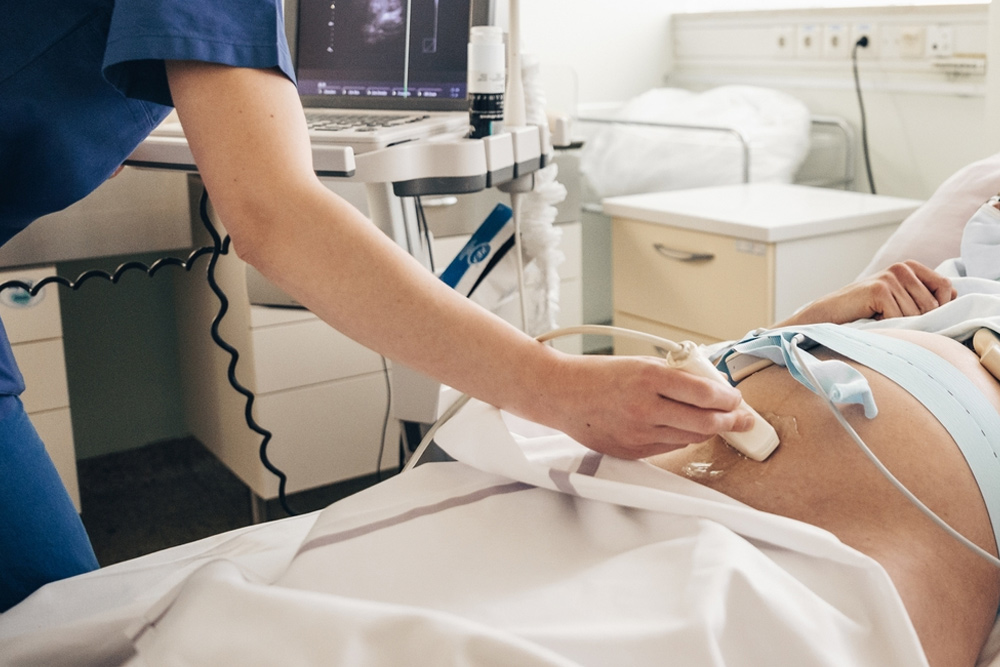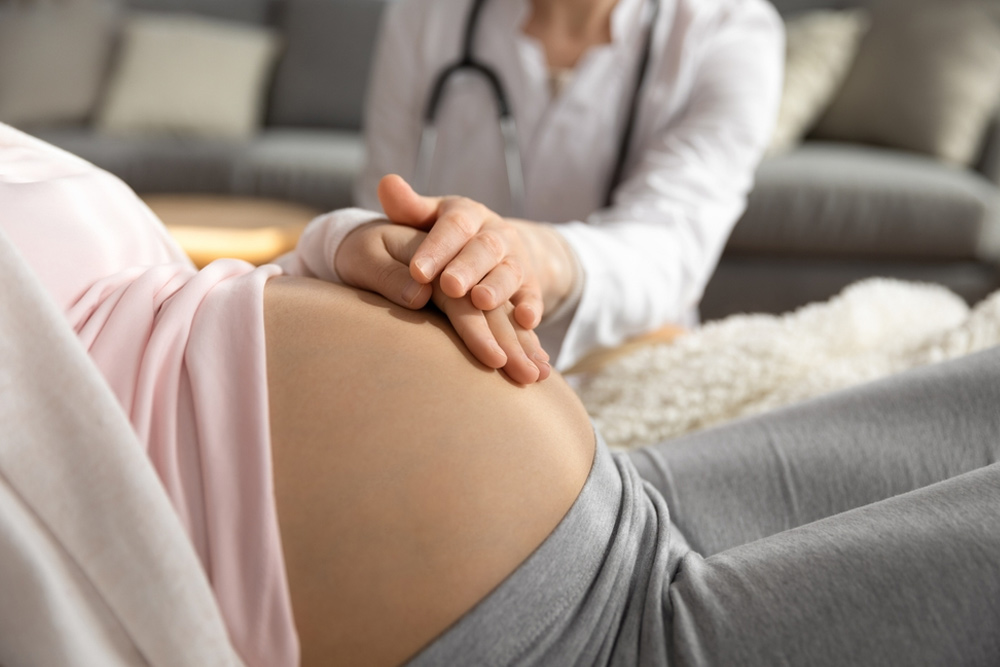At Sai Fertility Centre and Hospital, we understand that for many women, the journey towards motherhood can come with challenges. One of the most important aspects of this journey is understanding female fertility, and our team of experienced fertility specialists is here to guide you every step of the way. Our state-of-the-art fertility center offers advanced diagnostic services, including comprehensive female fertility tests, to assess reproductive health and identify potential obstacles to conception.
Fertility can be affected by various factors such as age, lifestyle, and underlying health conditions. Early detection of fertility issues through comprehensive female fertility tests in Chengalpattu can increase the chances of successful conception. These tests help doctors diagnose the root cause of infertility and design a personalized treatment plan to optimize your chances of becoming pregnant.

Female fertility tests aim to evaluate several aspects of reproductive health, including hormonal levels, ovarian reserve, and structural abnormalities of the reproductive organs. At our best fertility centre in Chengalpattu, we provide the following common fertility tests for women:
Ovulation is crucial for conception, and irregular or absent ovulation can be a major cause of infertility. Ovulation testing measures the levels of luteinizing hormone (LH) in the blood or urine. A surge in LH signals that ovulation is about to occur. Anovulation or irregular ovulation can be treated with medications to stimulate egg release
This test helps determine how many eggs a woman has left in her ovaries, also known as her ovarian reserve. Ovarian reserve tests typically measure the levels of anti-Müllerian hormone (AMH) in the blood. Higher levels of AMH indicate a higher egg count, while lower levels may suggest diminished ovarian reserve. Knowing the ovarian reserve is critical for assessing fertility potential.
Hormonal imbalances can have a significant impact on fertility. Hormonal profile testing involves measuring levels of reproductive hormones like follicle-stimulating hormone (FSH), estrogen, prolactin, and thyroid hormones. These tests are essential to assess whether hormone levels are within the normal range, as irregularities can interfere with ovulation and the overall fertility process.
A pelvic ultrasound uses sound waves to create images of the reproductive organs. It is used to assess the ovaries, uterus, and fallopian tubes for structural abnormalities, such as fibroids, polyps, or cysts. Ultrasound also helps monitor the development of follicles during ovulation.
This test involves taking an X-ray of the uterus and fallopian tubes after injecting a contrast dye. It is used to detect blockages or abnormalities in the fallopian tubes, which can prevent the egg from reaching the uterus. HSG is a key diagnostic tool for determining whether the fallopian tubes are open and functioning properly.
Laparoscopy is a minimally invasive surgical procedure used to diagnose and treat conditions like endometriosis or pelvic adhesions that could affect fertility. It allows the doctor to directly view the pelvic organs and identify any abnormalities that could impact reproductive health.
In an endometrial biopsy, a small sample of the lining of the uterus (endometrium) is removed and tested for abnormalities. This test helps determine whether the endometrium is thick enough to support implantation and sustain pregnancy.
Conditions such as polycystic ovary syndrome (PCOS) or thyroid problems can disrupt ovulation, making it difficult for women to release eggs regularly.
Blocked or damaged fallopian tubes can prevent the egg and sperm from meeting. Tubal blockages can result from pelvic inflammatory disease (PID), endometriosis, or previous surgeries.
Structural abnormalities in the uterus, such as fibroids, polyps, or congenital malformations, can impact a woman’s ability to conceive. Cervical problems, such as insufficient cervical mucus, can also hinder sperm from reaching the egg.
Fertility naturally declines with age, especially after the age of 35. Women may experience reduced ovarian reserve, poor egg quality, or hormonal imbalances that make it more challenging to conceive.
In some cases, despite undergoing all relevant tests, the cause of infertility remains unknown. However, this does not mean that treatment options are not available.

If you’re struggling with infertility or are concerned about your reproductive health, take the first step towards parenthood by scheduling a consultation at Sai Fertility Centre and Hospital. We offer the most comprehensive female fertility tests in Chengalpattu to help diagnose the root cause of infertility and provide personalized treatment plans
Visit us at our state-of-the-art facility, or call us at +91 91000 96000 to book an appointment. Together, we’ll work to make your dream of parenthood a reality. Choose the best fertility centre in Chengalpattu for compassionate and effective fertility care.
Fertility testing is an essential part of diagnosing and treating infertility in women. At Sai Fertility Centre and Hospital, we offer a wide range of female fertility tests, from hormonal evaluations to ultrasounds and advanced diagnostic procedures. Our goal is to provide accurate diagnoses and personalized treatment plans to help women achieve successful pregnancies.
If you are looking for the best fertility centre in Chengalpattu or female fertility test services, visit us today and take the first step toward a fulfilling pregnancy journey. We are committed to supporting you throughout your fertility treatment and ensuring that you receive the care you deserve
Find answers to commonly asked questions about female fertility tests
Make an appointment Make an appointmentOvulation testing measures the levels of luteinizing hormone (LH) in the blood or urine. A surge in LH indicates that ovulation is about to occur, which is crucial for conception.
Ovarian reserve testing measures the levels of anti-Müllerian hormone (AMH) in the blood to assess the number of eggs left in the ovaries. Higher levels indicate a higher egg count, which is important for evaluating fertility potential.
Hormonal profile testing measures levels of reproductive hormones like follicle-stimulating hormone (FSH), estrogen, prolactin, and thyroid hormones. This helps identify any hormonal imbalances that could affect ovulation and overall fertility.
A pelvic ultrasound uses sound waves to create images of the reproductive organs, such as the ovaries, uterus, and fallopian tubes. It helps identify structural abnormalities like fibroids, polyps, or cysts and monitors follicle development during ovulation.
An HSG test involves injecting a contrast dye into the uterus and fallopian tubes, followed by an X-ray. It helps detect blockages or abnormalities in the fallopian tubes that can prevent the egg from reaching the uterus.
Laparoscopy is a minimally invasive surgical procedure used to diagnose and treat conditions such as endometriosis or pelvic adhesions. It allows direct visualization of the pelvic organs to identify abnormalities affecting fertility.
An endometrial biopsy involves removing a small sample of the uterine lining (endometrium) to check for abnormalities. This test helps determine if the endometrium is thick enough to support implantation and sustain pregnancy.